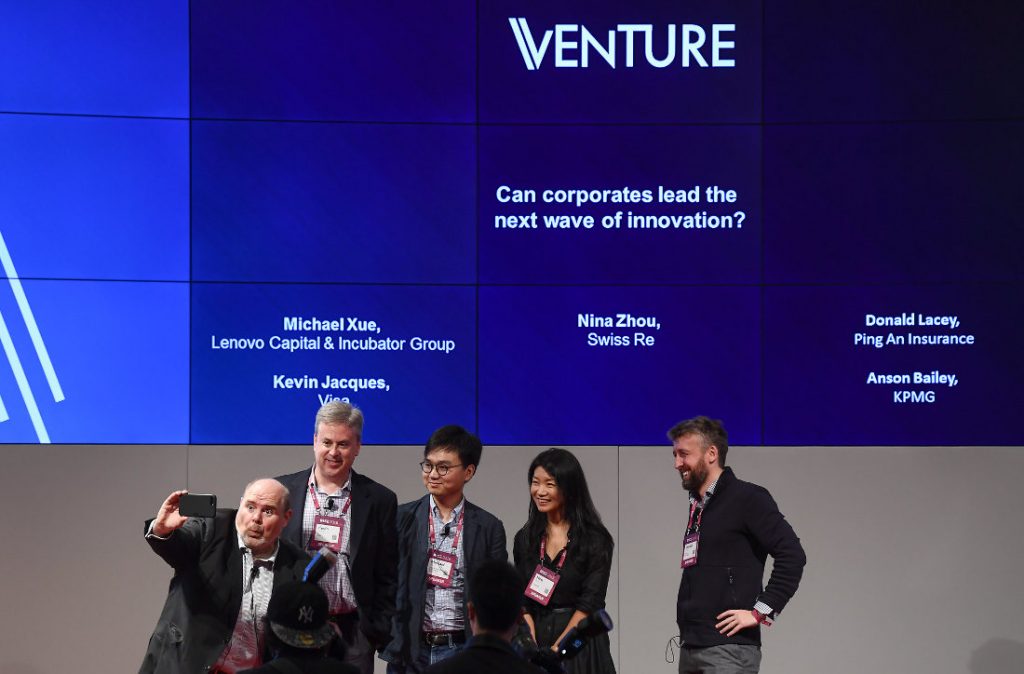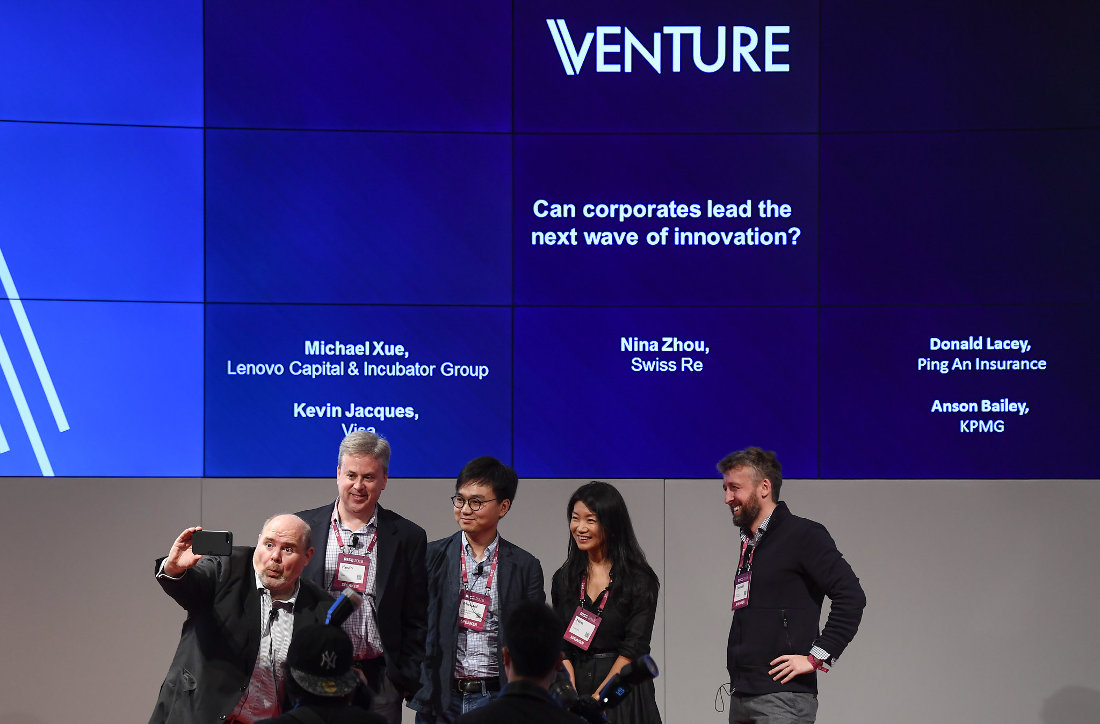Artificial Intelligence Market Size
Artificial Intelligence is billed as the next big thing for a good reason. The revolutionary technology is already having an impact on how companies operate, going as far as affecting people’s way of life. AI-powered tech is slowly gaining prominence from the auto industry to powering operations in tech giants as well as enhancing data security. Increased use has everything to do with increased investments in the sector as companies look to gain a head start on its benefits.
Data by PricewaterhouseCoopers indicates that the size of the AI market is poised to hit $15.7 trillion by 2030. An upsurge in investments by tech giants looking to come up with the next big thing leveraging the revolutionary technology has everything to do with the growth of the market size.
For instance, Softbank is fresh from setting up a $108 billion fund targeting emerging technologies such as Artificial Intelligence. Microsoft just like other tech companies has also taken a keen interest in the technology. Having already made several investments in the past, the company has in the recent past, bought equity stake worth $1 billion in OpenAI, a company focused on AI innovations.
Given the sums of money that companies are investing, artificial intelligence looks set to be a key driver of innovation in the future. Right from enhancing cybersecurity to enhancing the autonomous car technology, AI is slowly becoming a force to reckon with.
Amidst millions of dollars in investment, it is important to understand what venture capitalists, as well as tech companies, look at, before investing AI startups as well as innovations.

Proprietary Data
Any startup with proprietary rock-solid data that can allow the training of models is always sure to attract investments form tech giants. Proprietary data that the likes of Google or Amazon cannot gain access to is always sure to attract interest, as artificial intelligence is all about big data.
Gaining access to proprietary data can be a challenge. However, there are a variety of hacks that some AI-focused startups are using with success. For starters, some firms have incentivized their customers, thus allowing them to share data in return for a discount. Partnerships with institutions with access to proprietary data have also allowed some AI startups to gain access to crucial data for training models.
While access to data is important, there also ought to be a backroom team able to clean, structure, and make good use of the data at hand.
Underlying Team
Artificial intelligence startups are as good as the driving force behind them. Depending on the field of specialization, AI startups always come with different teams. For startups focused on e-commerce, then it would be wise to go with startups backed by people with experience in commerce as well as consultants. For Internet of Things then hardware and software, engineers are necessary for the success of a startup.
Besides, the success of an AI startup would most of the time come down to founders. The more science-focused founders backing a startup the more is its likelihood of succeeding. This is one of the factors taken into consideration when carrying out due diligence.
Market
The market is an important aspect of any product under development. While there is potential for artificial intelligence right from traffic flow to logistics as well as robotics, an AI startup must clearly stipulate its target market.
Startups that have well-defined target market are always sure to attract strong interest from investment firms as well as Venture Capitalists. Startups worth investing, in this case, are those whose AI products can go after very possible customer, right from enterprises to governments as well as developers.

